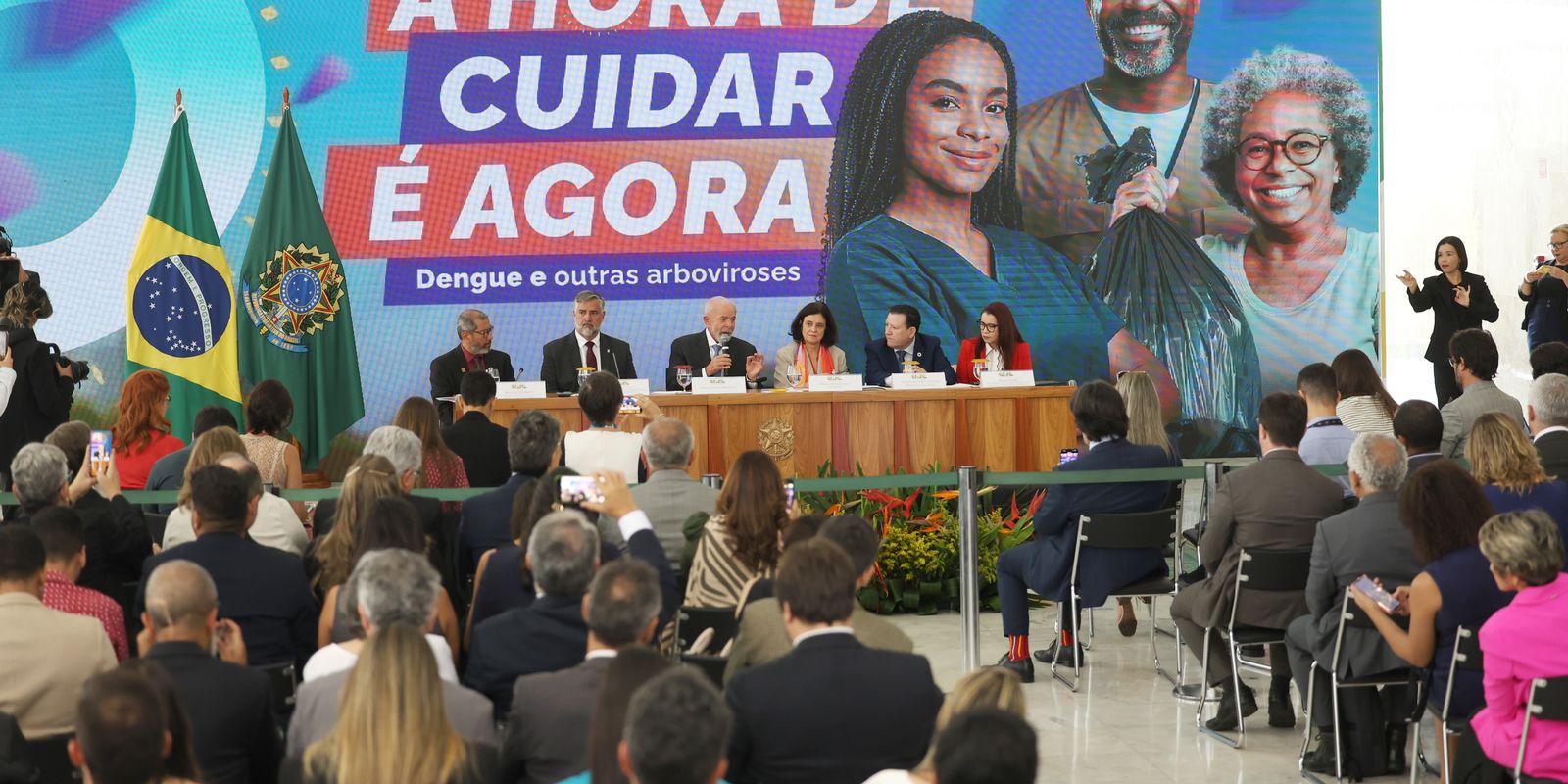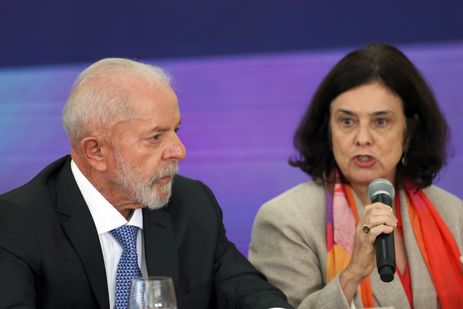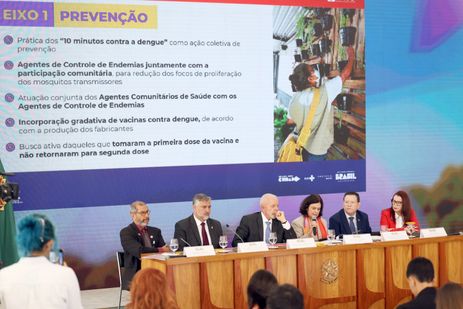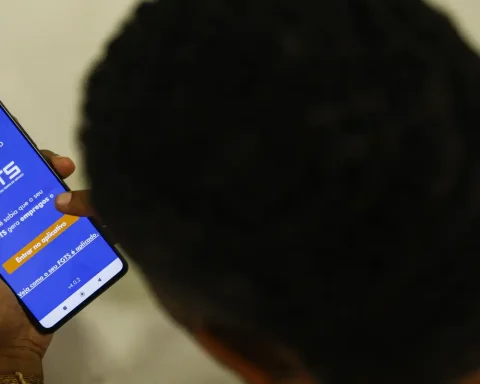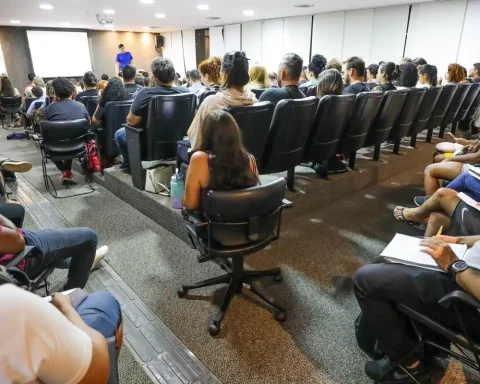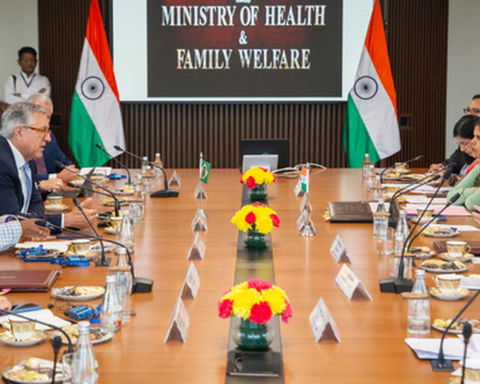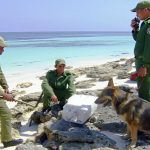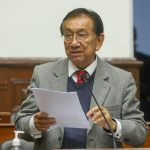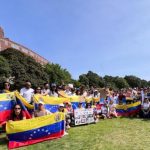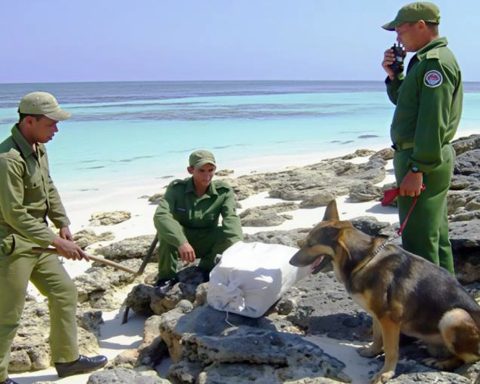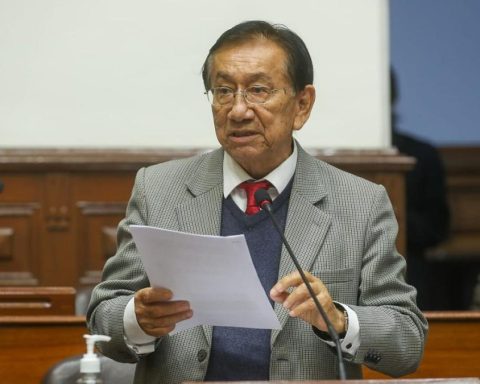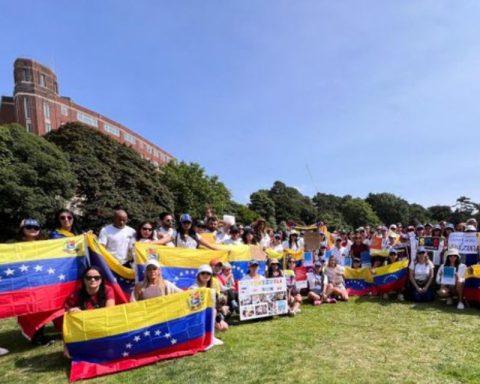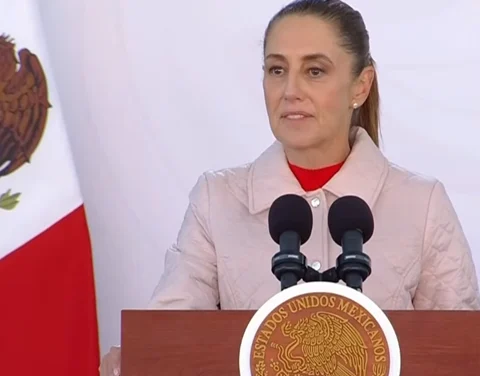President Luiz Inácio Lula da Silva launched, this Wednesday (18), the action plan against dengue and other arbovirusessuch as chikungunya, zika and oropouche, for the next rainy and hot season in Brazil. The expected resources, from the regular budget of the Ministry of Health, are approximately R$ 1.5 billion.
“Every summer we are reminded of the rise in dengue fever and other diseases, and this time, with the climate issue evolving to make the planet warmer, we decided to bring forward the launch of our campaign so that we have time, not only to activate the SUS structure [Sistema Único de Saúde]but first we need to prepare Brazilian society because mosquitoes are in each of our homes,” said the president during event at the Planalto Palace.
Lula emphasized that the Ministry of Health is preparing itself and that each citizen must “fulfill their role and not allow any possibility of mosquitoes taking a vacation in their backyard.” “And it’s not just in the homes of poor people, they are in the homes of people who have greater purchasing power, who have abandoned swimming pools, who have vases with stagnant water,” he said.
“We want to see if we can anticipate it and, if God helps, we want to have the summer with the least dengue fever in the history of this country,” added Lula.
According to the Minister of Health, Nísia Trindade, the resources will be allocated to actions involving vaccines, emergency ordinances with action plans, rapid tests, technology methods and research and development, “which must be constant”, including data integration.
“It is time for us to make it very clear that this is the responsibility of governments and society,” he said, noting that 75% of mosquito breeding sites are in homes, but that dengue is also related to sanitation conditions, involving urban cleaning and housing conditions.
“We will hardly have a summer with the lowest number of cases in history, but we should have this as a goal,” said Nísia, regarding President Lula’s speech.
“I would compare it to vaccination, to zero feminicide. These are goals that we have to set on our horizon and work towards. It is possible to reduce a lot, yes, and the scenarios change according to the climate issue, the issue of the circulation of serotypes.” [do vírus]but also with the organized action of society and that is what we are proposing here”, he said.
Minister Nísia also highlighted that the plan is based on the most up-to-date scientific evidence, new technologies and is implemented in close partnership with states and municipalities and in collaboration with public and private institutions, as well as social organizations.
According to her, studies are indicating that there would be no anticipated peak in cases in 2025, as occurred in 2024, but “it does not mean that it will happen in the same way throughout Brazil”. “Scenario studies indicate a probability of a greater number of cases in the South and Southeast regions. In the South, the introduction of dengue is more recent, so you have a more susceptible population. In the case of the Southeast, especially the circulation of serotype 3, which is a cause for concern [ que menos pessoas tem imunidade]”, he said.
“But these scenarios are constantly being analyzed and reviewed, this cannot be considered an absolute truth,” he highlighted.
The main vector of transmission of dengue and other arboviruses is the Aedes aegypti mosquito. From January to August 2024, 6.5 million probable cases were reported, a three-fold increase compared to 2023. São Paulo, Minas Gerais, Rio de Janeiro, Paraná, Santa Catarina, Goiás and the Federal District accounted for 87.70% of probable cases.
THE InfoDengue It is the alert system for arboviruses developed by Fiocruz and the Getúlio Vargas Foundation that, today, provides epidemiological and climatic data for scenario analysis.
Action plan
The program to reduce the impacts of arboviruses works on six areas of action: prevention; surveillance; vector control (of mosquitoes); organization of the care network and clinical management; emergency preparedness and response; and communication and community participation.
Outside the peak period of cases, preventive actions are being intensified, with the removal of breeding sites from the environment and the implementation of new technologies to control mosquito populations, such as Wolbachia method. A task force will also be created to raise awareness within the surveillance network for the timely investigation of cases, collection of samples for laboratory diagnosis and identification of circulating serotypes.
It also includes organizing the flows of the healthcare network, reviewing local contingency plans, training healthcare professionals for clinical management, managing insecticide stocks, supplies for laboratory diagnosis and patient care.
For the seasonal period, if there is a new significant increase in cases, measures established in the contingency plan are planned, focused mainly on strengthening the healthcare network to reduce hospitalizations and preventable deaths.
Vaccination
Regarding dengue vaccination, Nísia explained that it is a progressive strategy, with gradual incorporation of vaccines. In 2024, four million doses of the vaccine from the Japanese laboratory Takeda were purchased and, for 2025, Brazil has a contract to distribute nine million doses.
Federal, state and municipal managers must agree, in the next 15 days, on how they will be distributed, based on scenario studies.
The Ministry of Health’s priority age group for dengue vaccination is 11 to 14 years old. “This is a group that has been less exposed to dengue and therefore there is a greater tendency for hospitalizations in this age group. This is also true for the elderly, but the elderly cannot yet receive the vaccine,” said Nísia, explaining that Anvisa did not authorize the application in people over 60 years old due to the lack of studies on efficacy and safety for this age group.
The Minister of Health argues that “more important than expanding the age range” is looking at the municipalities that have not yet received doses.
“But this review is carried out by our technicians and discussed in an agreement at the tripartite meeting involving the national councils of state and municipal health secretaries, as we did last year,” he highlighted.
There is also the expectation of distributing one million doses of the Butantan Institute’s dengue vaccine. The São Paulo laboratory should soon send the product to Anvisa for analysis.
